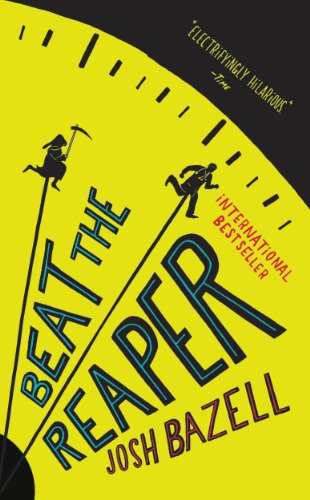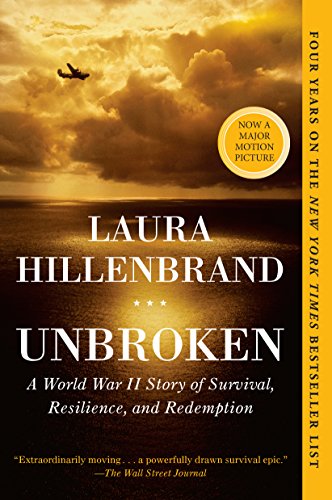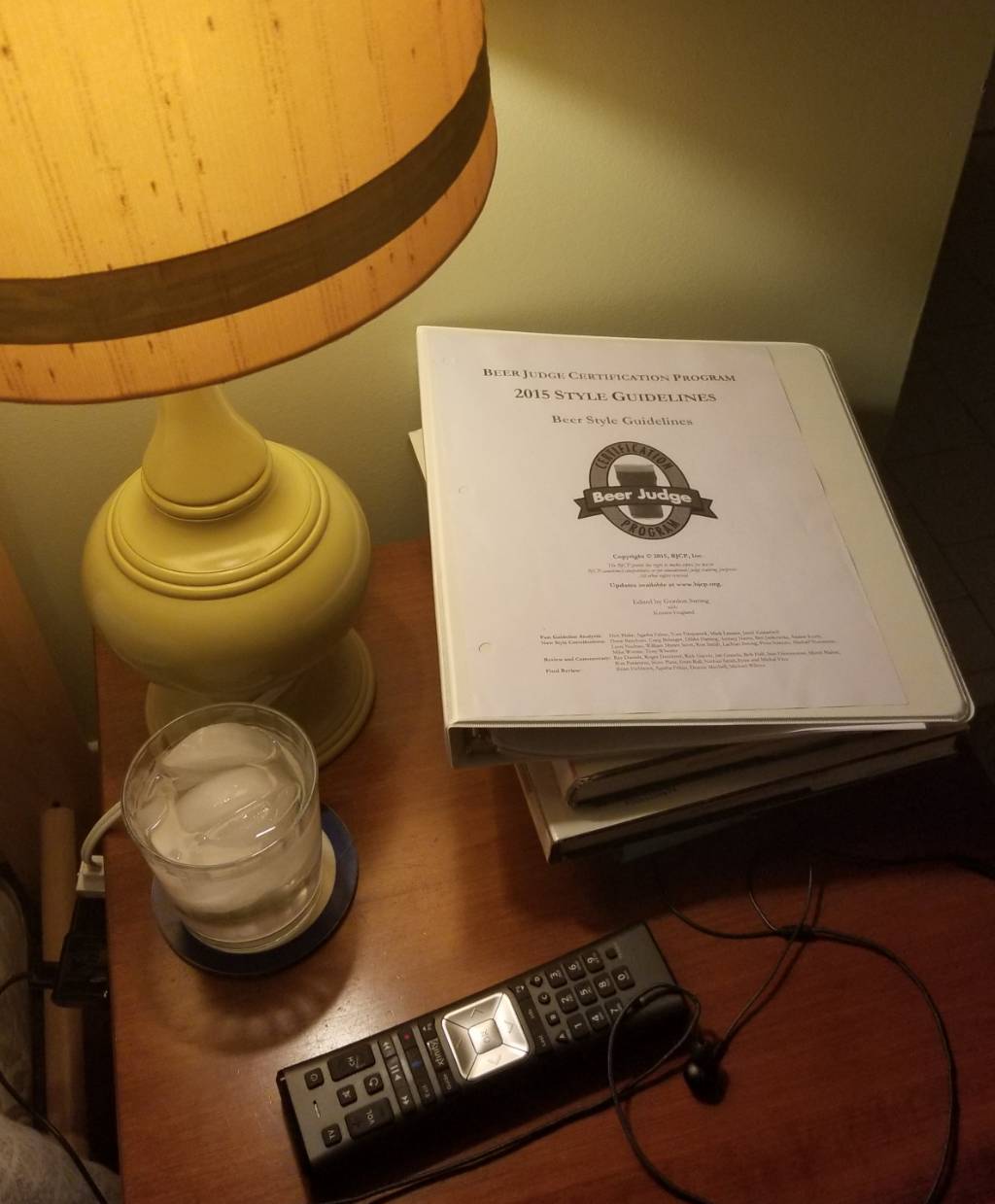As a counterpoint, you've got something like Ayn Rand and Atlas Shrugged. She's a terrible writer. Wooden two-dimensional characters that are typically either wholly heroic or wholly villains. Stilted interactions. Spending 30 or so pages on a monologue.
But I actually found myself eager to turn the page and find out what happens next. For as terrible as her writing is, at least the plot was engaging.
Nope, you're right, and these are good points. Most immediately for me is that it's the same when I watch an actor - because I was one, for a long time; Shakespearean, classically trained, Chicago theater, Los Angeles stuff you'd never seen me in (lol). And so I cannot help it - when I watch a performance, I'm not only taken by the performance, by the character, but also by the work of it, the choices I can see, the truth of what the actor is doing, etc. And to some extent it's the same for me when it comes to writing. Character (and I think you're right here), yes. I'd also say character can include things like land, or mood....Tolstoy's harvest and cider or ale or whatever it was, and peasants....I can't say I cared all that much about these bit players against the leads of the novel. I didn't really even see them, from my recollection, as individuals. They were "peasants," though I'm visual in the extreme and I did see bits and pieces of "Russian peasant." The vortex for me was the absolutely beautiful mood he evoked, and in that mood I felt the centuries of Russian existence, and the beauty of that history. And I felt the beauty and incredible torture of a traditional hay harvest. Hardy does the same for me, across all his novels.
More than character, I have to feel the writing is living, that the writer is playing with me as I read. I enjoy metafiction a lot. I fell hard for John Fowles, read everything by him (sorry if I say this earlier....I probably have). I love the seamlessness between the fiction, the writer letting me know he or she is writing it, the character of the book itself. Something like Day of the Dead or Samhain - the gossamer thinness between worlds and the potential to reach across. Good metafiction does this for me.
Finally, E.M. Forster, "round" and "flat" characters. Both vital. I don't really care so much about the flat characters, or even know what they're doing, but their presence is vital if I'm to hang with the round characters.
I don't know. Great points, both your posts. I cannot do Ayn Rand, but I hear you on wanting to know what happens next. I don't always need it. I'm reminded of
Daniel Martin by Fowles. Many considered that a terrible book, a failure. A few, like me, and as far as I know, the late writing teacher and author John Gardner (
Grendel, host of others), and...maybe another one, one of
those, lol, have thought
Martin is maybe his finest. And it's absolutely atmospheric. Fowles described it as "being about Englishness."
I appreciate your posts, bwarbiany. I don't read fiction anymore, almost entirely history. But you made me think on these things, always a good thing.































![Craft A Brew - Safale BE-256 Yeast - Fermentis - Belgian Ale Dry Yeast - For Belgian & Strong Ales - Ingredients for Home Brewing - Beer Making Supplies - [3 Pack]](https://m.media-amazon.com/images/I/51bcKEwQmWL._SL500_.jpg)





























